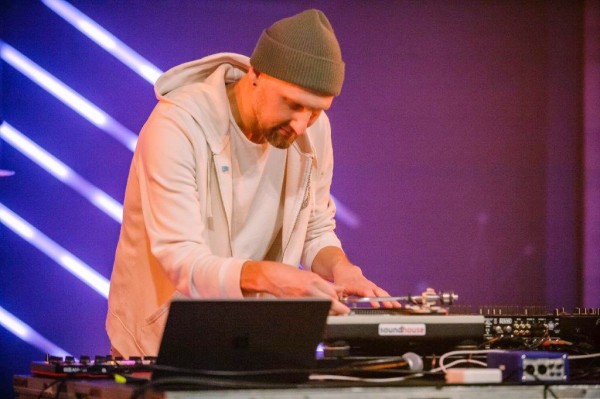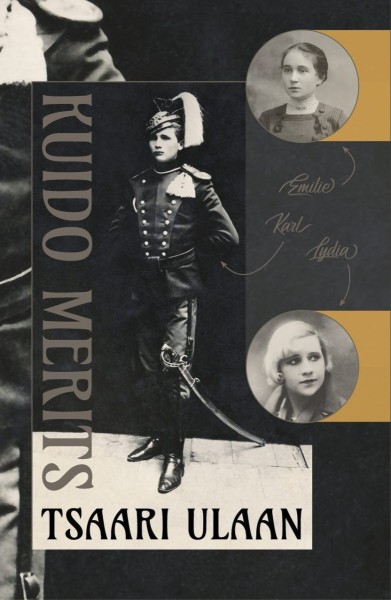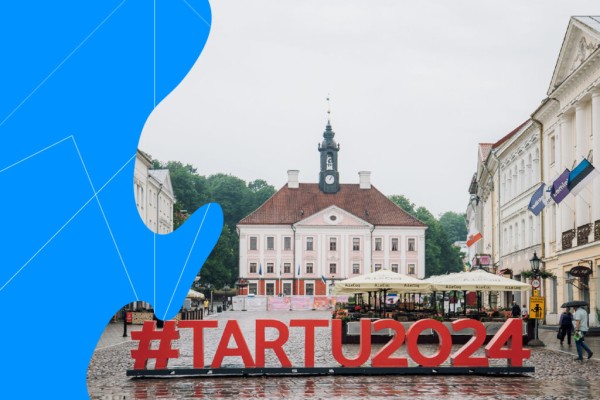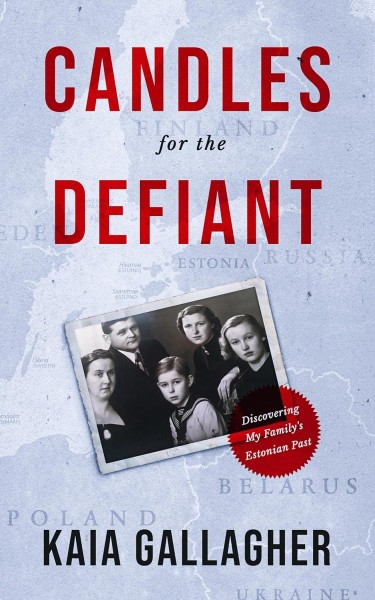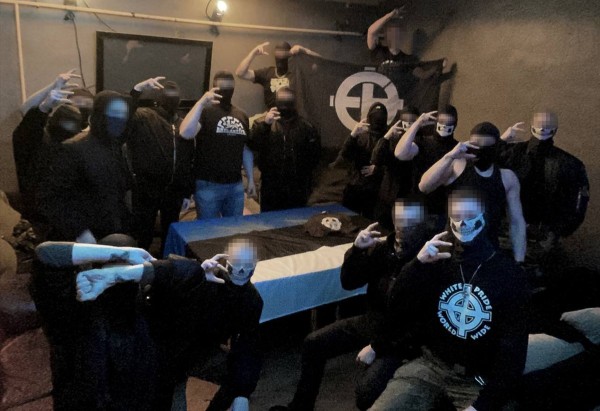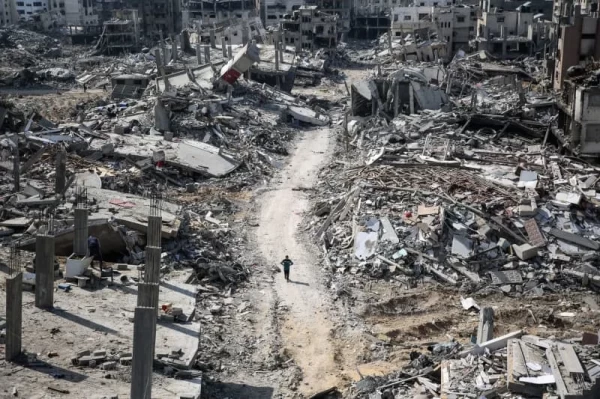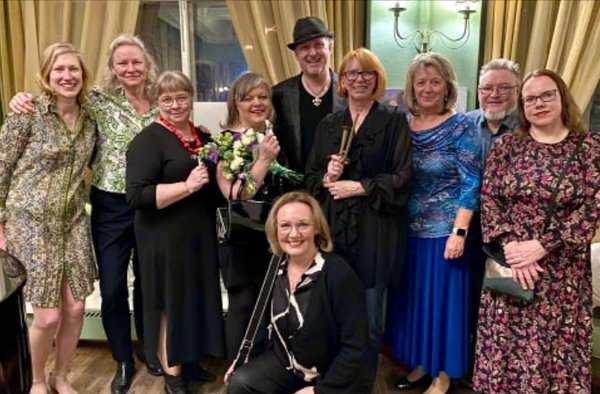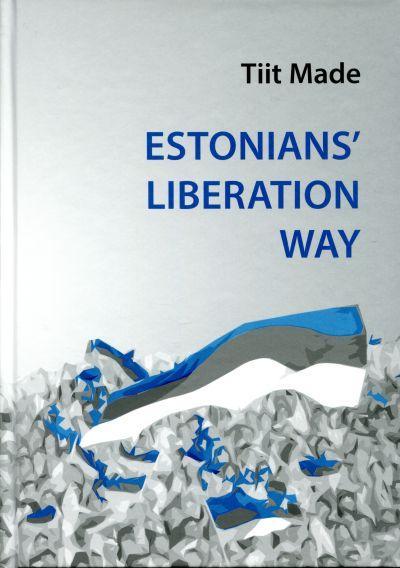
An important book in English was published this year, compiled in preparation for the upcoming 25th anniversary of the restoration of Estonian independence. Tiit Made, while not a professional historian, is the author of many valuable history books focusing on Estonia, most dealing with the impact of having a belligerent Russia as a neighbour and foe – whether as an imperialist tsarist oppressor or a ruthless Communist terror-spreading occupier - during the 20th century. His latest, Estonians’ Liberation Way, was written in Estonian, translated impeccably into English by Adam Cullen. It was published by the August 20 Club, whose members are some of those delegates that voted to declare independence on that day.
Made’s knowledge of the period is unquestionable. He is, in fact, one of the 69 former members of the Estonian Supreme Soviet who voted in favour of the resolution. An economist, he has also been a diplomat, foreign affairs and economic commentator on radio and television, and was very active in politics following the restoration of independence.
The significance of this work is in that it provides in the world’s lingua franca not only the background to August 1991, but also in great depth gives an account of the ensuing years, as Estonia re-established herself on the international stage, at a time of great tumult in Europe.
Unlike Made’s other books, the meat and potatoes are provided by short, factological summaries of what happened on a particular date on the nation’s journey from occupation to Republic regained, as well as what took place in the years following. The author notes that individual events are described “more broadly than usual for a chronology.” Specific periods, such as the Awakening period and the ensuing building of momentum, from 1985 on, are prefaced with a thorough and detailed summary. The period leading up to and following the Singing Revolution is of particular value for the non-Estonian reader. For indeed, as Made underscores throughout this book, tenacity and perseverance paid off. The efforts of politicians and intellectuals were bolstered by overwhelming support by the entire Estonian-speaking nation and many Russians as well. Independence was regained not only thanks to the strong backbones of leading public figures but the desire of the people to shake off the shackles of a cruel and brutal occupier.
As Made notes in his preface, “already on the eve of the Soviet Union’s collapse, Estonians had made themselves heard in the world as architects of the dictatorship’s breakdown.” It is critical for the reader to understand that Estonia’s efforts – indeed those of all the oppressed and occupied people under Soviet rule – were not understood by many Western leaders. The latter swallowed hook, line and sinker Gorbachev’s perestroika and glasnost reforms, and urged Estonia’s leadership to accept them. They did not realize that Gorbachev was a Russian imperialist, a staunch communist. He put a spin on these programs to assuage the west, not intending to relinquish any territory, allow for secession or independence to be regained.
Estonians, however, took full advantage of the new freedoms that restructuring (perestroika) and transparency (glasnost) provided by opening up the media. Thereby not only engaging all of the people, but disseminating the message to the west. Made’s meticulous research – as is the case in all of his writings – underscores how, through various public events, such as at Hirvepark in 1987, Estonians used every opportunity available. Exposure in the western media of incredible unity – such as the Baltic Chain in 1989, linking the three countries hand-in-hand – only added strength to the justified claim to have independence restored. The Baltic Chain also took place in August, an important month in Estonia’s history to be sure.
Copiously augmented by pertinent photographs throughout, the book is an important reference work that step-by-step documents and summarizes these historic years. As very little is available in print on this topic in this easy to read and follow format in English, one hopes that it will be well distributed. An emphatic must-read for those interested in Estonia and how, as emphasized in the back fly-leaf summary, “bloodless revenge was exacted from the aggressive conqueror beyond the eastern border for the half a century of colonization and humiliation it had endured.”






